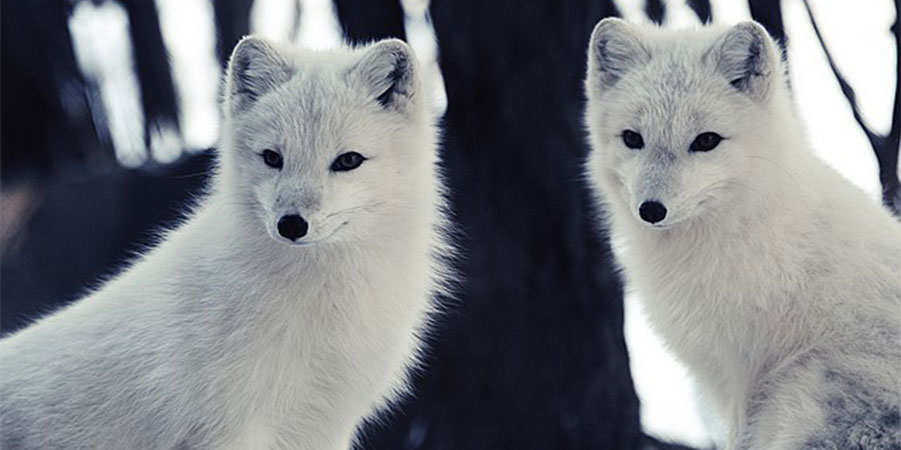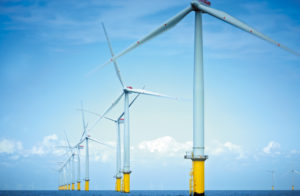We have much more to do and your continued support is needed now more than ever.
Win in the Fight to Save Arctic Wildlife!

The Arctic is warming twice as fast as the global average. As the climate warms and ice melts, wildlife like the arctic fox will be hurt. It is critical that countries around the world continue to build on the momentum around the Paris Agreement to fight climate change and protect wildlife!
This joint statement draws attention to the importance of the following:

The U.S. and Denmark announced a plan to work together on offshore wind development – our largest untapped clean energy solution, and one that can be developed with the highest standards of wildlife protection in place every step of the way. The U.S. has carefully designated areas for wind energy development in federal waters all along the Atlantic coast. These areas collectively have the potential to generate enough renewable energy to power over 6.5 million American homes.
The other Nordic Counties also pledged their support for the recent U.S.-Canadian goal of reducing methane emissions by 40 – 45 percent below 2012 levels by 2025. Methane, considered a super pollutant with 80 times the global warming impacts of CO2, is a leading cause of climate change. The U.S. EPA just issued first-ever regulation of methane pollution in the oil and gas sector yesterday.
Take ActionVoice your support of the EPA’s action and let them know more needs to be done
Land Use: Deforestation and Agriculture
The U.S. and Nordic countries additionally committed to cooperating on the important role of forests in addressing climate pollution. They reiterated their support for incentivizing developing countries to conserve, restore, and sustainably manage forests (also known as “REDD+”, or reducing emissions from deforestation and forest degradation).
To assist in these efforts, the countries committed to strengthening their respective efforts to combat illegal logging and facilitate private sector efforts to eliminate deforestation from the production of agricultural commodities like soy, cattle, palm oil, and pulp and paper. Further, the US announced the first results of a plan to invest $72.3 million to boost carbon storage in healthy soils during a speech on climate at the Center for America Progress yesterday in Washington, D.C.
The U.S.-Nordic countries’ announcement is another example of an incredible paradigm shift at the international level on climate change. Major nations – now including three heavy oil developing nations (U.S., Canada, and Norway) – are in agreement that climate impacts should be considered in energy decisions, and that special places like the Arctic deserve protection from the ravages of climate change.
To protect our climate and vulnerable wildlife and wild places, the U.S. and other nations must continue to turn away from the high-carbon fossil energy sources of the past and invest in the clean energy solutions of today and tomorrow.





















